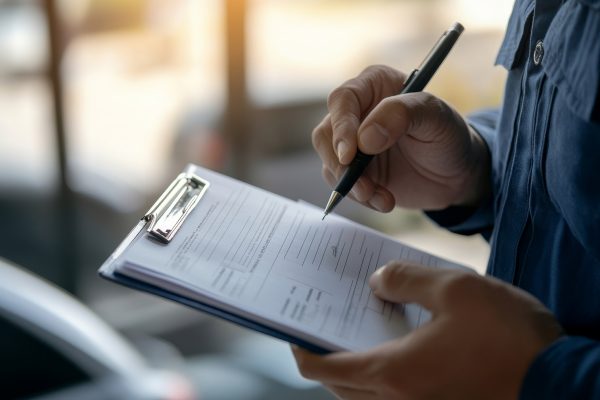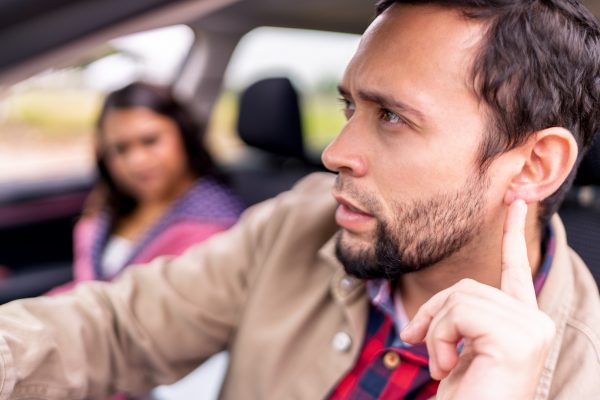You might recall a week or so ago – which now seems like a lifetime ago – we did a legal update on how car dealers may wish to re-organise their business strategy by delivering cars to consumers, now they are not allowed to open their physical premises.
In that update we mention that you will need to give the customer notice of a 14-day cancellation or cooling off period and the right to be able to unwind the deal within that timescale.
The questions we are now getting asked are a) is such a journey permitted now the UK is in partial lockdown? And b) is it morally permissible?
I shall endeavour to answer these separately:
a) Is it legal?
A lot of reports in the press relate to police misunderstanding what their powers are and assuming that the message the government wants you to follow is actually the law. This is not the case, however.
For the law on restrictive movements during this emergency period, we must turn to The Health Protection (Coronavirus Regulations) 2020.
This lists the reasons you are allowed to leave the place in which you are living – and despite the government telling you that there are just four reasons that allow you out, there are actually 13 permitted reasons.
And for the delivery of a car to a paid consumer, attention is drawn to Regulation 6(2)(h) being “to fulfil a legal obligation”. And so, we would argue that the delivering of a vehicle that has been paid for – if only in part – constitutes a contractual (and therefore legal) obligation. Ensure though that you respect social distancing parameters of course.
Make sure also, that you have your paperwork readily available if stopped and point out that provision of the Regulations to the officer!
b) Is it moral?
Well, that is a matter of individual opinion – but they appear to be legal and the government does want, and are encouraging, deliveries to homes.

Stocking only premium EV charging cables, we ensure you experience a stress-free EV charge, over and over, confidently backed by our 2 year warranty. Our premium & reliable charging cables are compliant with EU & UK safety standards. We offer free next day delivery* on all EV charging cables when shipped within mainland UK.
As to whether a car is an essential purchase is all dependent on the needs of the actual user. It could be to allow a key worker to get to work – whether it be to a school as a teacher, a nurse at a hospital, a shelf-packer at a supermarket, someone wishing to volunteer – or to allow shopping to be taken by a carer to a vulnerable person.
One imagines that the intention behind closing car showrooms is that they can often see a number of people gathering, mingling and touching numerous parts of a vehicle’s exterior and interior, which can then pass on the virus.
But on the subject of morality I could, right now, go online and have delivered in the next few days – a doorbell (even though no-one should be calling at the house), a pair of lovely ear-rings even though no-one is going to be seeing them for some time or even some hideous porcelain ornament.
As well as any number of other wholly non-essential goods that all need to be picked up, packaged and delivered half-way around the UK to get to my home.
Ultimately, the decision to deliver a car or not is up to the seller but for the aforementioned reasons it might not be the heinous crime as some will have you believe.








